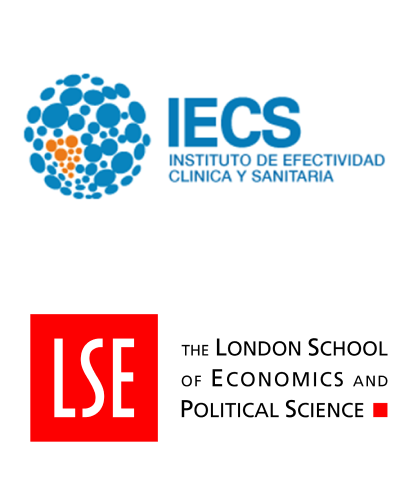Value Frameworks (VF)
Next-Generation Sequencing/Comprehensive Genomic Profiling (NGS/CGP) are high-throughput sequencing technologies increasingly utilized by oncologists for rapid DNA and RNA analysis. These technologies represent a novel approach to cancer care, offering potential molecular profiling of tumors to guide therapeutic choices.
Healthcare Budget
As the number of new cancer cases in European countries is projected to increase by over 20% between 2020 and 2040, placing added strain on healthcare budgets, it’s essential to make evidence-based resource allocation.
Goal
The aim of this project is to adapt the Latin American diagnostic value framework to the European context, with emphasis on the particular subset of diagnostic genetic testing (NGS/CGP) in oncology.
Collaborative Work
This project is a collaborative effort between researchers in the Medical Technology Research Group (MTRG) at the London School of Economics and Political Science (LSE) and the Institute for Clinical Effectiveness and Health Policy (IECS) in Argentina, overseen by a diverse multistakeholder steering committee. Funding was received through an unrestricted educational grant from the Precision Cancer Consortium.
Methodology
01
02
03
After the research and development phase of the new value framework, the project includes a 6-month dissemination stage. This will be carried out through presenting the results at conferences, peer-reviewed journal publications, infographic materials, and social media posts.
- Poster presentation at the 2023 ESMO Congress in Madrid.
See Poster - Poster presentation at the 2023 ISPOR Europe Conferencein Copenhagen
Ver póster
We will be updating this page as more outputs become available. We hope to be publishing two peer-review papers and an infographic in the coming months.

Team

- Federico Augustovski
- Andrea Alcaraz
- Carla Colaci
- Fernando Javier Argento
- Veronica Alfie
- Andrés Pichon-Riviere.

- Panos Kanavos
- Mackenzie Mills
- Danitza Chavez
- Madeleine Haig
- Caitlin Main
Multistakeholder steering committee:
- Panos Kanavos – London School of Economics
- Federico Augustovski – Institute for Clinical Effectiveness and Health Policy
- Jean Mossman – Patient advocacy (former Chief executive of CancerBACUP)
- Mark Lawler – Translational Cancer Genomics / Queen´s University Belfast
- Michael Drummond – Professor of Health Economics / University of York
- Nicola Normanno – Italian Cancer Society
- Laura Sampietro-Colom – Health Technology Assessment / Hospital Clinic Barcelona
- Albrecht Stenzinger – Institute of Pathology, University Hospital Heidelberg, Germany
- Benjamin Horbach (Global Leader, Market Access, Roche, representing PCC)

